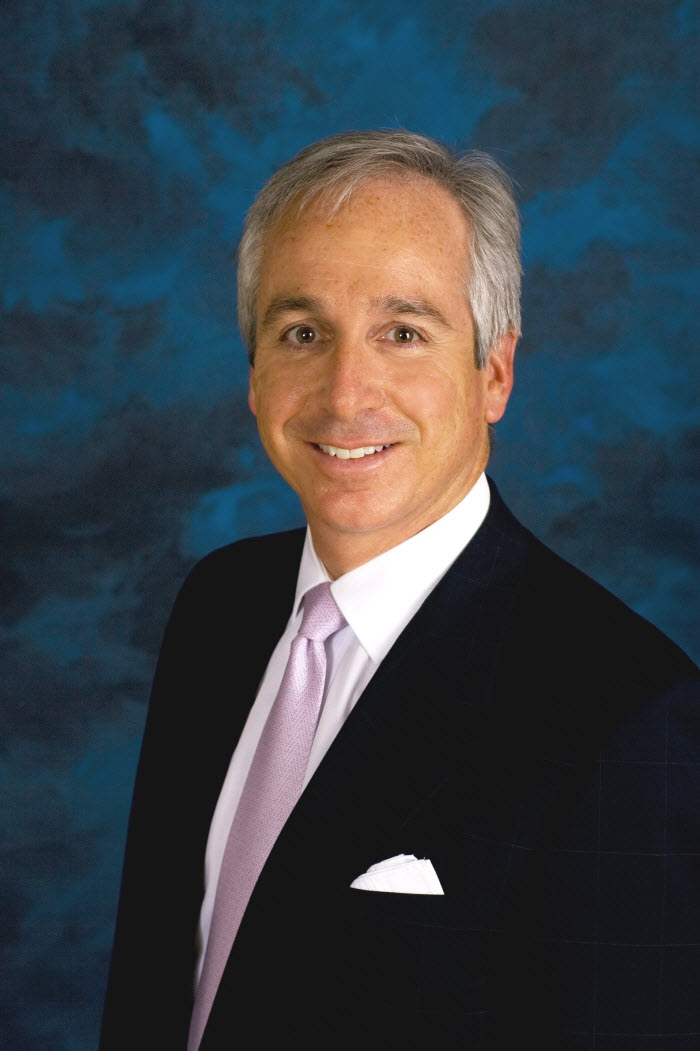
©NATTHAPON/ISTOCK/THINKSTOCK
FEI Daily spoke with Paul McDonald, Senior Executive Director at Robert Half, on the tracks one can take to reach CFO, the skills you’ll need, and the value of finding a mentor.
FEI Daily: Do you think that more CFOs are coming from outside of the financial suite?
Paul McDonald: I see two distinct tracks into the CFO office.
The more likely track, historically, is the person who comes off campus, goes to a public accounting firm and becomes a CPA. Or they may come off campus and go into a corporate setting where they’re in a rotational type of environment. The public accountant typically leaves at about five to seven years and moves into a corporate accounting manager role, or some kind of supervisory role, within the finance and accounting departments. What I’m seeing is when they’ve been identified as high-potential by their employer they’re given special assignments if they haven’t had any operational experience. Then they go on to corporate controller roles and then on to CFO.

The other track I’m seeing is the MBA. They come from a top 25 school, go to a consulting house, maybe to Wall Street, and then eventually they move into the private equity-backed firm. They understand the underpinnings of the accounting but they’re not the technicians of the aforementioned group.
FEI Daily: What are the advantages of having an MBA in the CFO role versus a typical accounting background?
McDonald: I went to school for accounting and it gives you a good understanding of the requirements. The MBA gives you more of a case study. Many of the top schools require you to go out and have a few years of experience before you re-enter the theoretical world of academia. It gives you a more well-rounded view of different scenarios that could happen. Whereas the undergrad is just good theoretical baseline information, without the added case study environment that we’re put through in the rigors of an MBA program.
The MBA plus the CPA plus these two tracks set you up perfectly for the C-suite.
FEI Daily: There’s an increasing emphasis on strategy in finance. Do you see having an accounting background as a positive or negative for a future CFO?
McDonald: This is something I’ll be talking about at the Financial Leadership Summit: the journey from controller to CFO and the difference between those roles.
As a controller, you’re not as involved with helping to make decisions about the future. You’re not thinking about revenue, you’re maybe involved in a little bit of forecasting. But it’s that strategy or decision-making in the executive suite that helps the CFO be forward-looking.
What’s the three to five year impact if we buy that business? Do that acquisition? Merge with another firm? It’s forward-thinking that makes the difference between a valuable CFO today and one who is just interested in expense control and belt-tightening.
All the successful CFOs I know are the ones that are involved in strategy. They’re involved in the “make versus buy” decision, the “acquire versus build your own” decision, as opposed to “How are we managing health care costs today?” It’s a very important discussion, but you have to have both skill sets.

The CFO is now required to be a well-rounded business person, not just a finance and accounting expert. They’re required to understand not only the operations internally, but be externally-facing as well and to have good people skills. Leadership, the ability to listen, to speak in non-financial terms to the masses, to interface with Wall Street and the investment community are all important. The board of directors has to understand what they’re saying. They have to be communicators, have good business acumen, and the ability to adapt to change. Finance and accounting professionals in the past haven’t been known for their ability to adapt to change.
FEI Daily: Is the forward-thinking quality something that can be developed along the way or is it just a personality type?
McDonald: If you go back to Psych 101 and nature versus nurture, I think it’s both. You have to have a curiosity instilled in you at some point in your career. That comes from your environment and that comes from training. If you’re aware that it’s your job to be the one on the forefront of things, then you can train that muscle.
I say this to every level of person that I’m speaking to, whether they’re a college student or an emerging CFO: Find a mentor. What does your balance sheet look like? What is your weakness and what do you need to do to train to your weakness? How will you get to the next level? That’s where a professional mentor can really come into play.
FEI Daily: Is the CFO role more or less important today than it’s been in the past?
McDonald: It’s more important because things are happening so quickly. The CFO role of today is a strategic thinker with a deep understanding of finance and accounting regulations, of technology and human resource elements, the war for talent and what that means for their business. The, being able to look at all of that and know the risks you’re facing. These are executive suite discussions that are taking place. I would say it could be more important to an organization to have a great CFO today than ever before.
To learn more, register today for FEI's Financial Leadership Summit. McDonald's presentation, "Making the Leap: Transitioning to CFO - Expertise Expansion", will focus on what it takes to make the jump to CFO.